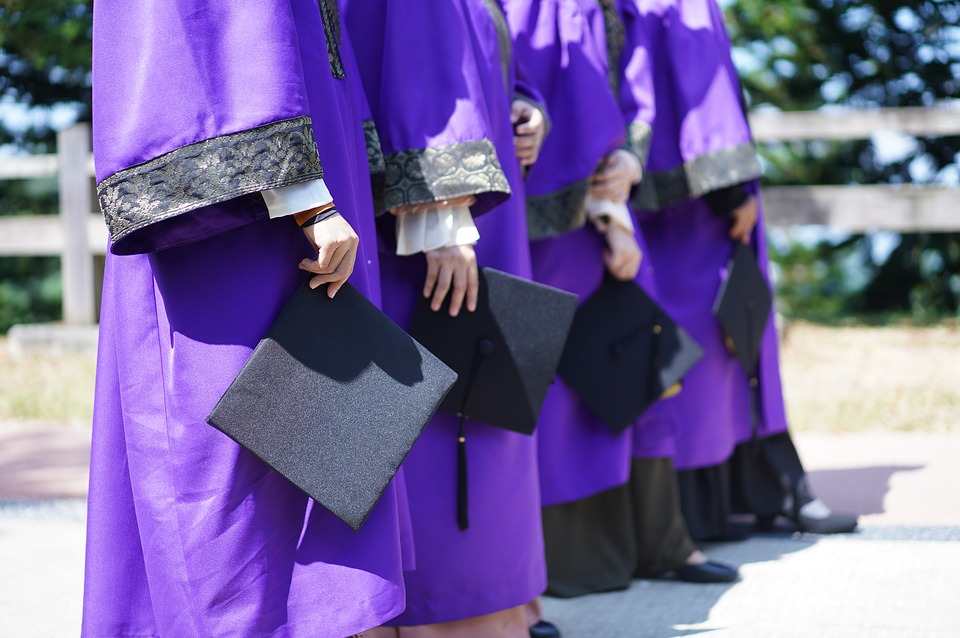Women In This Prison Can Now Get A Bachelor’s Degree
After a successful pilot program among men, women in prison will not have the opportunity to obtain a bachelors degree in this state.

In a move that would surely make the fictitious ladies seen in Netflix’s hit drama Orange Is The New Black proud, women in prison within the state of California can now receive a bachelor’s degree. Education has long been a part of prisoner reform in the United States that dates back to 1876, but bachelor programs are still unusual for those incarcerated. Now, California hopes to make strides in changing that.
Following the success of a pilot program that offers bachelor’s degrees at California’s men’s state prisons in Lancaster, California, Cal State L.A. is preparing for a similar program for women in prison. The university plans to offer the program at the California Institution for Women in Chino starting next fall. The initiative is part of a partnership with Chaffey College.
For over 18 years, Chaffey College has provided education to women in prison, but they were never able to offer bachelor’s degrees until now. Previously, the Turning Point program awarded about 60 degrees to incarcerated women. Prisoners who have previously attained associates degrees within the program will be given priority enrollment in the new Cal State initiative. According to LAist, 30 women will be accepted into the bachelor’s program next fall.

The new enterprise will offer women in prison the opportunity to achieve bachelor’s degrees in liberal arts. Instead of hiring separate educators to run the classes, the program will pull faculty of the state university from various departments to teach classes in anthropology, English, and natural sciences. Tiffany Lin, the executive director of Cal State L.A.’s Center for Engagement Service and the Public Good spearheads the initiative, and says that by bringing in current professors, the program will be able to “bridge the student learning experience on campus with the student learning experience inside the prison.” She also said that the imprisoned students will be able to communicate and share ideas with each other in collaborative studies. Lim also was the co-founder of the pilot bachelor’s program for men in Lancaster.
Fundamentally, the hope is that the women in prison who receive bachelor’s degrees will be better prepared for potential careers in business, education, government, and law if, and when, they are released from prison. And as data suggests that previously incarcerated individuals have a much harder time finding work after prison, the bachelor’s program hopes to change that. Still, Lim says the initiative is about much more than offering bachelor’s degrees. “It’s really about the transformation of the individuals and that ripple effect that they could have on their friends, their families, their children and their communities,” she said. Lim also pointed out that women serving life sentences will also be eligible for the program.

It’s likely that the program will receive pushback from the public. It is unclear where exactly the funds to operate the program will come from, and given that the average cost to attain a bachelor’s degree in California sits around $32,800, that’s a hefty bill. Also, many will see this as unfair treatment, as millions of Americans are unable to obtain bachelor’s degrees because of the cost. But now that a federal law passed in recent years under the Trump administration will see thousands of women and men in prison being released early, educators in California feel it is vital to get them prepared for life after prison.
Other states around the nation offer similar education programs for women in prison, but California is leading the effort. A law passed in 2014 allowing in-person classes in California has made it easier for prisoners to receive degrees. Since then, the California Department of Corrections and Rehabilitation has reported that the number of successfully completed college classes jumped from 5,725 to 13,301 in the first year after the law was enacted.



